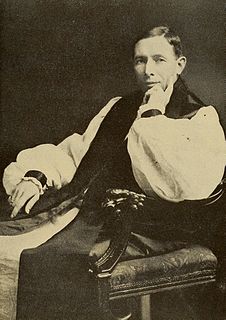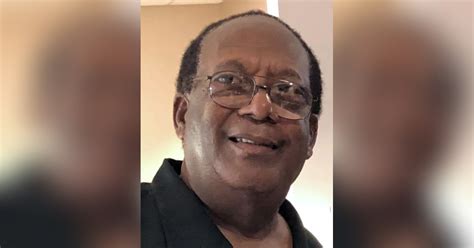A Quote by Hannah More
We do not really know how to forgive until we know what it is to be forgiven.
Therefore we should be glad that we can be forgiven by others. It is our
forgiveness of one another that makes the love of Jesus manifest in our lives,
for in forgiving one another we act towards one another
as He has acted towards us.
Related Quotes
We know how to be doctors, nurses, lawyers. We know how to be tweeters. We know how to be everything. But how do you just be people? How do you be present with one another? How do you be honest with one another? How do you be compassionate towards one another, forgiving towards one another? We know what to do. We don't know what to be, how to be.
The choice to follow love through to its completion is the choice to seek completion within ourselves. The point at which we shut down on others is the point at which we shut down on life. We heal as we heal others, and we heal others by extending our perceptions past their weaknesses. Until we have seen someone’s darkness, we don’t really know who that person is. Until we have forgiven someone’s darkness, we don’t really know what love is. Forgiving others is the only way to forgive ourselves, and forgiveness is our greatest need.
... the Lord Jesus said, 'To those who are in bonds, Come out, and to those who are in prison, Go forth' (Isa. 49:9); so your sins are forgiven. All, then, are forgiven, nor is there any one whom He has not loosed. For thus it is written, that He has forgiven 'all transgressions, doing away with the handwriting of the ordinance that was against us' (Col. 2:13-14). Why, then, do we hold the bonds of others, while we enjoy our own remission? He, who forgave all, required of all that what every one remembers to have been forgiven to himself, he also should forgive others.
Forgiveness does not mean that we suppress anger; forgiveness means that we have asked for a miracle: the ability to see through mistakes that someone has made to the truth that lies in all of our hearts. Forgiveness is not always easy. At times, it feels more painful than the wound we suffered, to forgive the one that inflicted it. And yet, there is no peace without forgiveness. Attack thoughts towards others are attack thoughts towards ourselves. The first step in forgiveness is the willingness to forgive.
If a person has done wrong, is conscious of what he has done and does not say sorry, I ask God to take him into account. I forgive him, but he does not receive that forgiveness, he is closed to forgiveness. We must forgive, because we were all forgiven. It is another thing to receive that forgiveness.
Charles Williams has said of the Lord's Prayer, "No word in English carries a greater possibility of terror than the little word 'as' in that clause." What makes the 'as' so terrifying? The fact that Jesus plainly links our forgiven-ness by the Father with our forgiving-ness of fellow human beings. Jesus' next remark could not be more explicit: 'If you do not forgive men their sins, your Father will not forgive your sins.'
Fear is not at the heart of Christianity nor of our nation. The very essence of Christian faith lies in forgiveness. Christians believe that Jesus died so we may live. He took upon himself our sins so that we may be forgiven and thereby gave us a model of forgiveness for others. This is a cycle that allows civility and progress in the face of man's faults and imperfectability.
The misfortune of others is our misfortune. Our happiness is the happiness of others. To see ourselves in others and feel an inner oneness and sense of unity with them represents a fundamental revolution in the way we view and live our lives. Therefore, discriminating against another person is the same as discriminating against oneself. When we hurt another, we are hurting ourselves. And when we respect others, we respect and elevate our own lives as well.
Jesus' forgiveness of our sins is the single most impactful part of the gospel, and when we forgive others who sin against us we're shining his light most brilliantly. Every act of forgiveness brings a touch of Heaven to Earth, and it makes the gospel look as otherworldly and supernatural as it is. Forgiveness is constructed in the DNA of the persecuted.




































